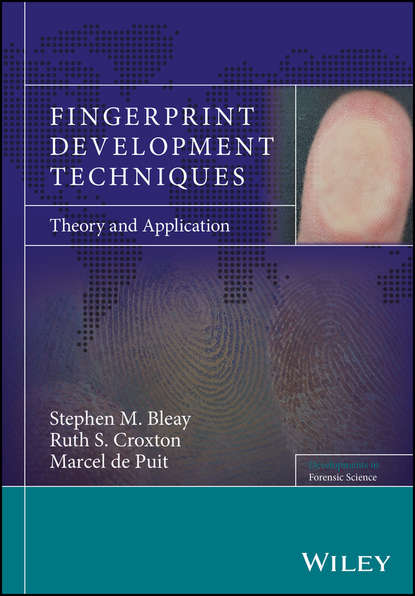
Fingerprint Development Techniques скачать fb2
Ruth Croxton S. - Fingerprint Development Techniques краткое содержание
A comprehensive review of the latest fingerprint development and imaging techniques With contributions from leading experts in the field, Fingerprint Development Techniques offers a comprehensive review of the key techniques used in the development and imaging of fingerprints. It includes a review of the properties of fingerprints, the surfaces that fingerprints are deposited on, and the interactions that can occur between fingerprints, surfaces and environments. Comprehensive in scope, the text explores the history of each process, the theory behind the way fingerprints are either developed or imaged, and information about the role of each of the chemical constituents in recommended formulations. The authors explain the methodology employed for carrying out comparisons of effectiveness of various development techniques that clearly demonstrate how to select the most effective approaches. The text also explores how techniques can be used in sequence and with techniques for recovering other forms of forensic evidence. In addition, the book offers a guide for the selection of fingerprint development techniques and includes information on the influence of surface contamination and exposure conditions. This important resource: Provides clear methodologies for conducting comparisons of fingerprint development technique effectiveness Contains in-depth assessment of fingerprint constituents and how they are utilized by development and imaging processes Includes background information on fingerprint chemistry Offers a comprehensive history, the theory, and the applications for a broader range of processes, including the roles of each constituent in reagent formulations Fingerprint Development Techniques offers a comprehensive guide to fingerprint development and imaging, building on much of the previously unpublished research of the Home Office Centre for Applied Science and Technology.
Чтобы оставить свою оценку и/или комментарий, Вам нужно войти под своей учетной записью или зарегистрироваться



